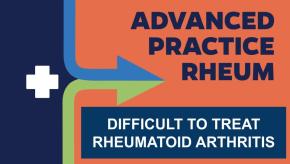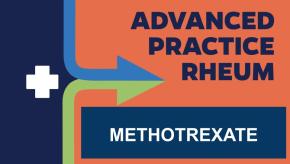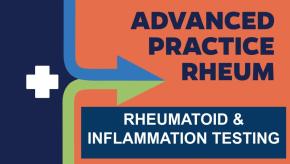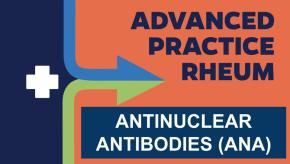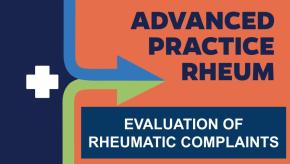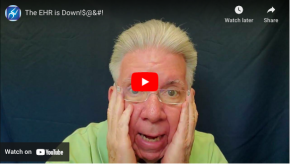I have been investigating the mechanisms of antinuclear antibody (ANA) expression in SLE since 1978. In this pursuit, I have followed the advice of my first division chief, Dr. Ralph Snyderman, a great academician. Ralph told me to identify a research focus and make it mine. I think I have done reasonably well in my mission so you can imagine my surprise (and excitement) when, for the Lupus 2025 meeting in Toronto, I was asked to conduct a Meet the Professor session on the Type 1 & 2 model for SLE.







